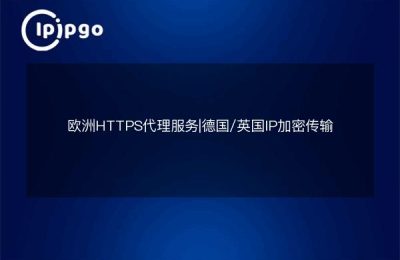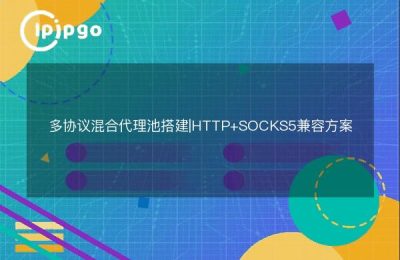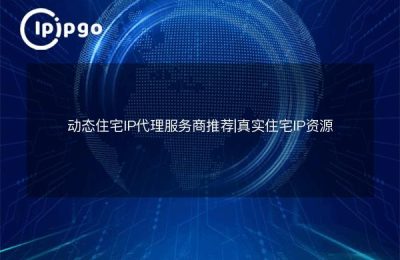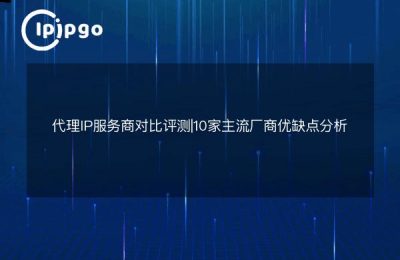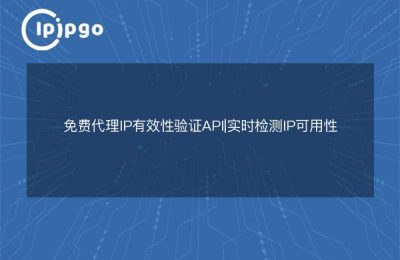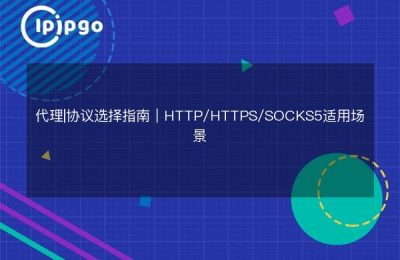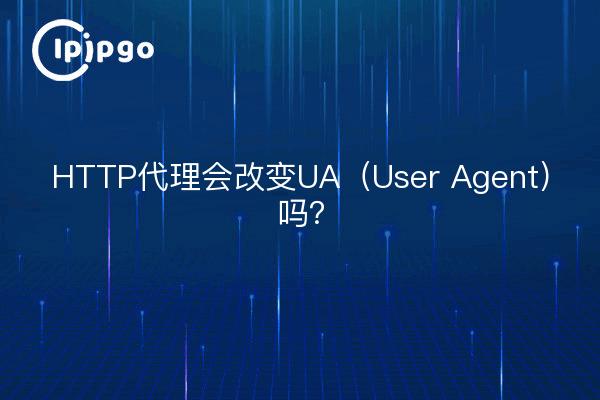
As we all know, in the web world, User Agent (UA) acts as an important bridge between us humans and the web, telling the web server what browser and operating system we are using, so that the website can provide adapted content for different platforms.
However, when we use an HTTP proxy, does it change our UA? This is something worth exploring in depth.
I. What is an agent?
First, let's understand what an HTTP proxy is. A proxy server is a server that acts as a middleman between the client and the target server. When we send an HTTP request through a proxy server, the request is first sent to the proxy server and then forwarded by the proxy server to the target server. In turn, the data responded by the target server is also returned to the client through the proxy server.
Based on this feature, proxy servers can be used in many scenarios, such as to increase the speed of network access, bypass network blocking, protect privacy and so on. So, when we use a proxy server, does it make changes to our UA?
II. Transparent agents
First, let's look at transparent proxies. A transparent proxy means that it is transparent to the user and the user knows nothing about its existence. In transparent proxy mode, the proxy server does not modify the user's request, so the UA will also remain unchanged.
For example, if we use a transparent proxy to access a website, our request will be sent directly to the proxy server, which will forward the request to the target server. During this process, our UA will not be modified and the target server can learn our real UA information.
III. Anonymous agents
Next, let's learn about anonymous proxies. An anonymous proxy means that users can hide their real IP address through it. When using an anonymous proxy, the proxy server usually adds some extra HTTP headers, such as the X-Forwarded-For header, which identifies the real source IP address of the request.
These additional HTTP headers are visible to the target server, but they do not change our UA. anonymous proxies are more protective of user privacy than transparent proxies.
IV. Deceptive agents
Finally, let's discuss spoofing proxies. Spoofing the proxy refers to some means of spoofing the User Agent in order to trick the server into thinking that we are using a different browser or operating system.
For example, we can disguise our identity by adding a customized User Agent header to the request to make the server think we are using another browser. Here is a sample code:
import requests
url = 'http://example.com'
headers = {'User-Agent': 'Mozilla/5.0 (Windows NT 10.0; Win64; x64) AppleWebKit/537.36 (KHTML, like Gecko) Chrome/58.0.3029.110 Safari/537.3'}
response = requests.get(url, headers=headers)In this code example, we trick the server into thinking we're using Chrome for access by changing the User-Agent header to the UA of Chrome.
It is important to note that spoofing proxies is not a good behavior as it may involve falsifying identities.
V. Summary
In summary, using a HTTP proxy does not directly change our UA information, unless we are intentionally spoofing a proxy server or the proxy server adds some identifying header information. Depending on the type of proxy, our UA information may be visible to the server or be kept transparent.
Therefore, when using HTTP proxies, we need to be aware of the type and settings of the proxy server to better control and protect our UA privacy. At the same time, we should avoid abusing proxies and respect the rules of the website and the policies of the operator.
I hope that the introduction of this article can help you readers better understand the relationship between HTTP proxies and UA, so that more secure and convenient to swim in the network world!

